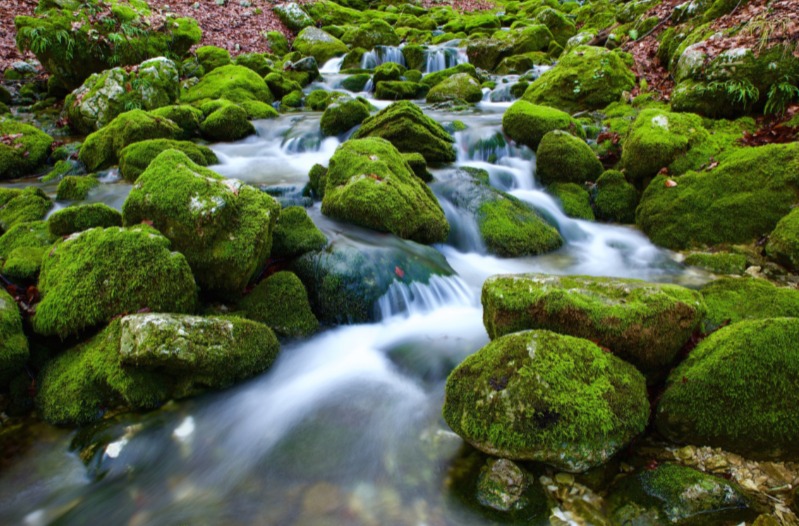Every drop of water is a fragment of life flowing through the fabric of our planet. In a world facing increasingly urgent challenges related to water management, World Water Day is an opportunity to reflect on the vital importance of this precious commodity.
Policies to protect water and contain the water crisis
Every 22 March we celebrate World Water Day, an anniversary established by the United Nations in 1993 to raise awareness of the importance of this vital resource for the planet and humanity and to take stock of the water crisis.
The theme for 2024 is ‘Harnessing Water for Peace‘, in line with Sustainable Development Goal sustainable development goal number 6 and emphasises the importance of using water as a tool to promote diplomacy, equitable access and sustainable resource management. Water can indeed act as a catalyst for peace, but it can also be a cause of conflict when it becomes scarce or its access is denied.
The Helsinki Convention on Water, adopted on 17 March 1992, is an important international agreement to prevent and control pollution of transboundary watercourses and lakes.
The ‘Water Framework Directive‘ (WFD) is an European Union law adopted in 2000. It aims to prevent and reduce pollution, promote sustainable water use , protect the aquatic environment, improve the condition of ecosystems and mitigate the effects of floods and droughts.
An important Italian regulatory document is the River Basin District Management Plan. Drawn up every six years, it sets out the guidelines and aims of the administration of the eight river basins, ensuring wise and sustainable water management at national level.
Global water crisis
According to the World Health Organisation, about 2.2 billion people in the world do not have access to safely managed drinking water services.
This means that they are exposed to the risk of water-borne diseases such as cholera, dysentery and typhoid.
In addition, some 3.2 billion people live in agricultural areas that experience severe water scarcity at least one month a year, compromising food security and poverty reduction.
The water crisis is caused by several factors:
- The increasing worldpopulation leads to a growing demand for water to meet human needs, which often exceeds the natural regeneration capacity of water resources.
- Water pollution with fertilisers, pesticides, industrial and domestic waste compromises water quality.
- Climate change is further exacerbating these problems, changing the availability and distribution of water resources both globally and locally, causing extreme phenomena such as droughts and floods.
Sea level rise is another consequence of climate change that threatens coastal water resources and alters the hydrological cycle.
Water leakage in Italy is a multifactorial problem: distribution systems are outdated and prone to frequent breakdowns, while administrative problems such as errors in meter readings and unauthorised connections contribute to leakage.
According to the National Institute of Statistics, in 2022 in Italy, one third of the drinking water fed into distribution networks will be lost.
As if this were not enough, recent investigations cast an alarming shadow over the presence of PFAS, the ‘eternal pollutants‘, and their persistence in water, which would cause a health hazard that is difficult to contain.
Good water use practices
The efficient use of water is to reduce waste and excessive water consumption in all sectors. Rainwater harvesting, wastewater treatment and reforestation of forested areas also contribute to protecting wetlands, water sources and regulating the climate.
It is crucial to promote technological innovation for monitoring, assessing and forecasting water conditions.
There is a need to focus on the development of technologies to improve water quality, such as filtration systems, purification and disinfection.
Instead, to increase water availability, implement desalination, irrigation and waste water recycling systems.
Each of us can make a difference with simple but effective gestures, such as:
- Installing low-flow taps and showers
- “Shower navy” – turn off the water to soap up and open it again to rinse off
- Repair any leaks or drips immediately
- Install water-efficient irrigation systems, such as adjustable drippers
- Use mulch in gardens to retain moisture and choose plants that are native or adapted to the local climate
- Reuse cooking water from pasta or vegetables for watering plants.
Finally, international cooperation is strategic to promote the exchange of information and best practices between the various actors involved in water management.
Play for the planet!
